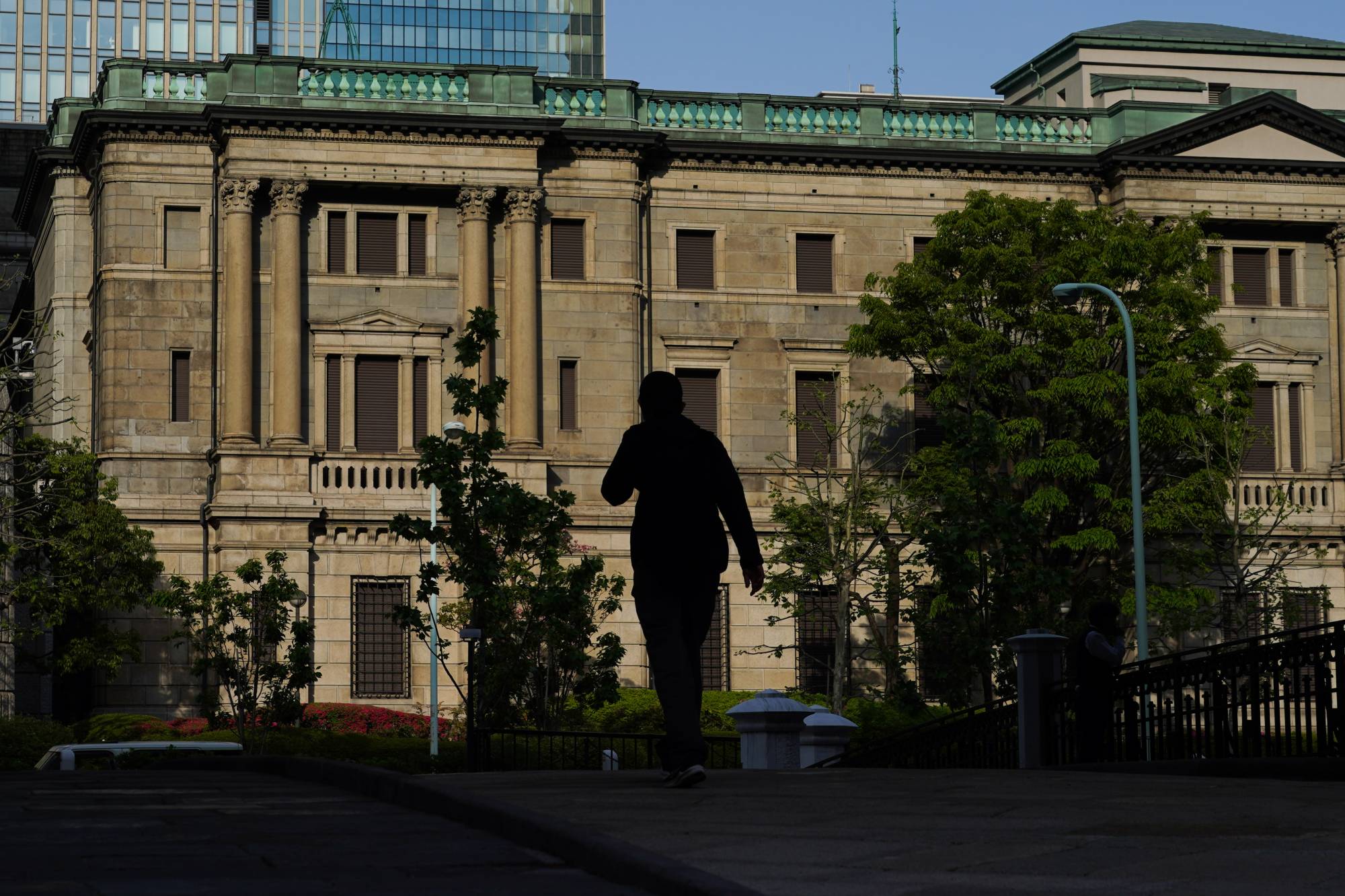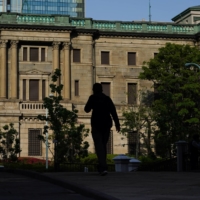A Bank of Japan policymaker said it was inappropriate to change monetary policy for the purpose of controlling exchange rates, a summary of opinions at the April meeting showed, brushing aside the idea of countering sharp yen falls with interest rate hikes.
The yen's slide to 20-year lows against the dollar has pushed up the cost of raw material imports, drawing concern among policymakers of the potential hit to Japan's fragile economic recovery.
Some market players believe the BOJ may tweak its ultraloose policy to slow the yen's decline, which is driven by rising interest rate differentials as the U.S. Federal Reserve embarks on aggressive rate hikes.
"Among the factors behind the weak yen is the widening gap in economic conditions between Japan and Western countries. It's inappropriate to change monetary policy for the purpose of controlling exchange rates," one of the BOJ's nine board members was quoted as saying in the summary, released on Thursday.
"In guiding monetary policy, the BOJ must look at the impact of fluctuations in commodity prices and exchange rates on the economy and prices, rather than the price moves themselves," another opinion showed.
Several board members stressed the need to maintain the BOJ's massive stimulus program on the view any pick up in inflation will likely be temporary and driven mostly by rising raw material costs, the summary showed.
"The BOJ must be mindful of the need to make its ultraloose monetary policy sustainable if inflation remains short of its 2% target for a prolonged period," one member was quoted as saying.
At the April 27-28 meeting, the BOJ strengthened its commitment to keep interest rates ultra-low by vowing to buy unlimited amounts of bonds daily to defend its yield target, triggering a fresh sell-off in the yen.




















With your current subscription plan you can comment on stories. However, before writing your first comment, please create a display name in the Profile section of your subscriber account page.